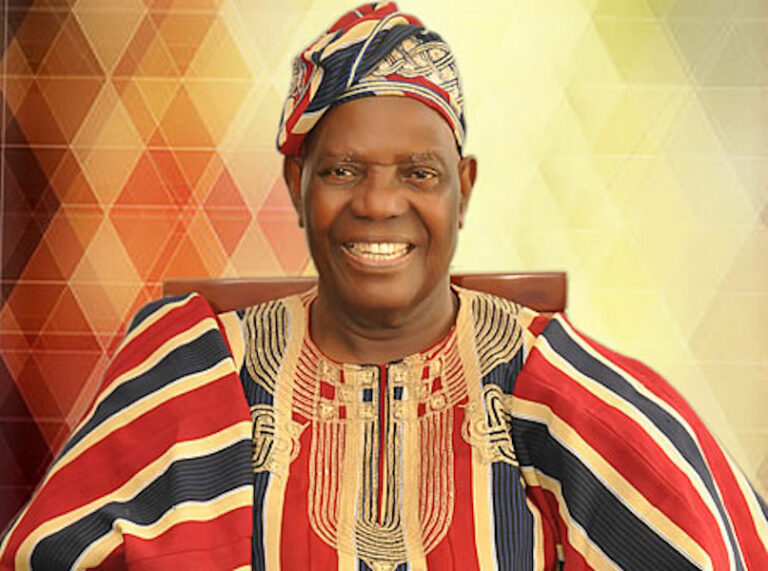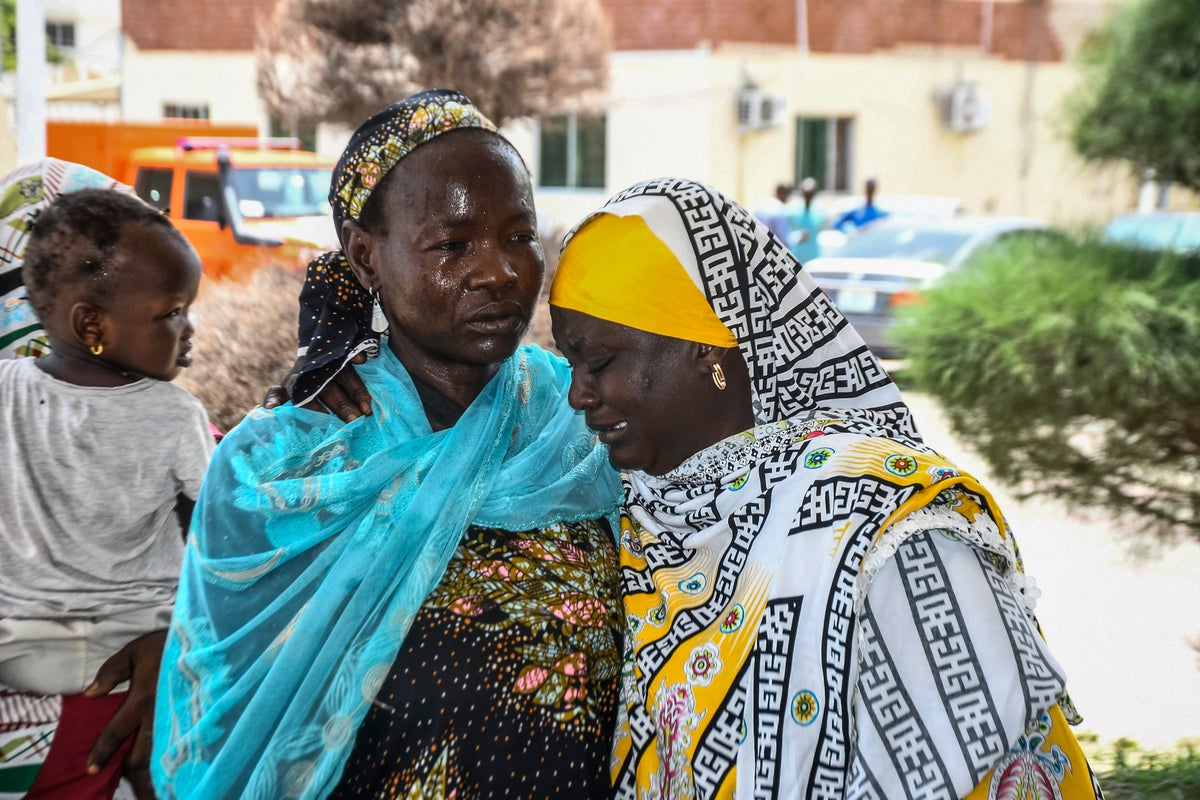Russia’s Foreign Minister Sergei Lavrov has lauded a surprising joint declaration by G20 leaders in Delhi, which notably refrains from condemning Moscow for its ongoing war in Ukraine. This unexpected turn of events has raised eyebrows and drawn criticism from Ukraine.
The closing G20 statement, released after a two-day summit in Delhi, did condemn the use of force for territorial gain but conspicuously omitted any mention of Russian aggression. Ukraine, which was not invited to this year’s summit after participating in last year’s Bali summit, expressed disappointment, stating that there was “nothing to be proud of.”
The addition of a new permanent member, the African Union, was a significant development during the summit. This move aimed to make the G20 more inclusive by increasing participation from the so-called Global South countries, and it came at the invitation of host nation India.
One of the summit’s key achievements was a deal on climate and biofuels. However, it faced criticism for not committing to a clear timeline for phasing out fossil fuels. The G20 members did reach a consensus to triple global renewable energy capacity through existing targets and policies, representing a substantial step in addressing climate change.
In an unexpected twist, Russian President Vladimir Putin and Chinese President Xi Jinping both sent lower-level delegations to the summit, highlighting the deep divisions within the G20 regarding Russia’s invasion of Ukraine last year. Nevertheless, Indian Prime Minister Narendra Modi announced consensus on the Ukraine section of the joint statement, softening last year’s direct criticism of Russia.
Russia’s Foreign Minister Lavrov described this development as a “milestone” and expressed surprise, stating, “Speaking frankly, we didn’t expect that. We were ready to defend our wording of the text. The Global South is no longer willing to be lectured.”
This year’s G20 summit showcased significant moments, including deals to combat climate change and boost cleaner energy sources. India, along with the United States and Brazil, launched a global biofuel alliance aimed at accelerating efforts to achieve net-zero emissions targets.
Furthermore, a multinational rail and ports agreement linking the Middle East and South Asia was reached on the sidelines of the summit, seen as a counter to China’s Belt and Road infrastructure initiative.
As the summit concluded, Indian Prime Minister Modi handed over the ceremonial gavel to Brazil’s President Luiz Inacio Lula da Silva, signaling the transition of the G20 presidency.
In his closing remarks, President Lula emphasized the challenges faced by developing countries and the need for global governance institutions to evolve with the times.
Despite some controversies and unexpected developments, India’s G20 presidency was deemed a success by its leaders, emphasizing inclusivity and cooperation on global issues.
Advertisement




